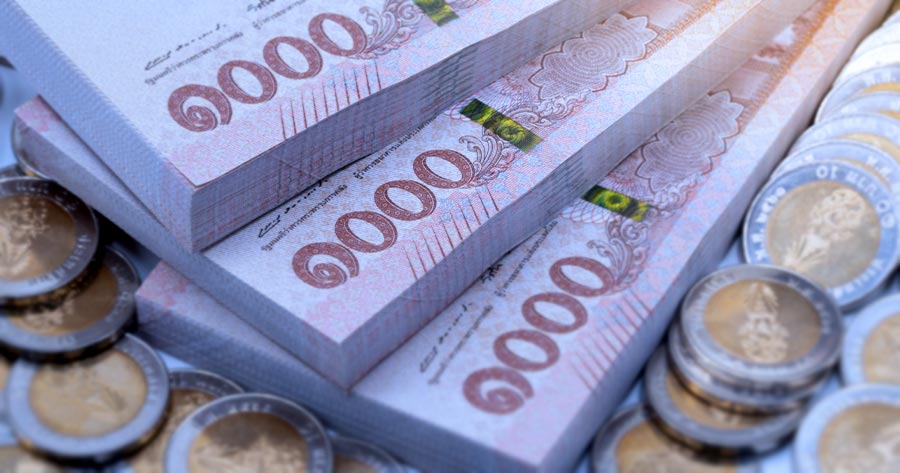The Thai central bank stated on Wednesday that the recent appreciation of the Thai baht has been attributed to external influences such as capital inflows and record-high gold prices.
The baht, reaching a 30-month high, outperformed other regional currencies, prompting the Bank of Thailand to closely monitor the situation, while vowing to be ready to reduce volatility.
In September alone, the baht saw a notable 4.5% increase against the U.S. dollar, leading Thai business operators to urge the central bank to stabilize the currency’s surge to prevent potential adverse effects on export-driven growth in the final quarter.
Sanan Angubolkul, Chairman of the Chamber of Commerce, recommended an exchange rate target of 34 baht to a dollar, suggesting a level for consideration amid the baht’s rapid ascent.
The issue of stabilizing the baht is set to be a focal point for discussions during an upcoming meeting between the Governor of the Bank of Thailand and the Ministry of Finance scheduled for the following week, highlighting the significance of addressing currency stability for Thailand’s economic well-being.





